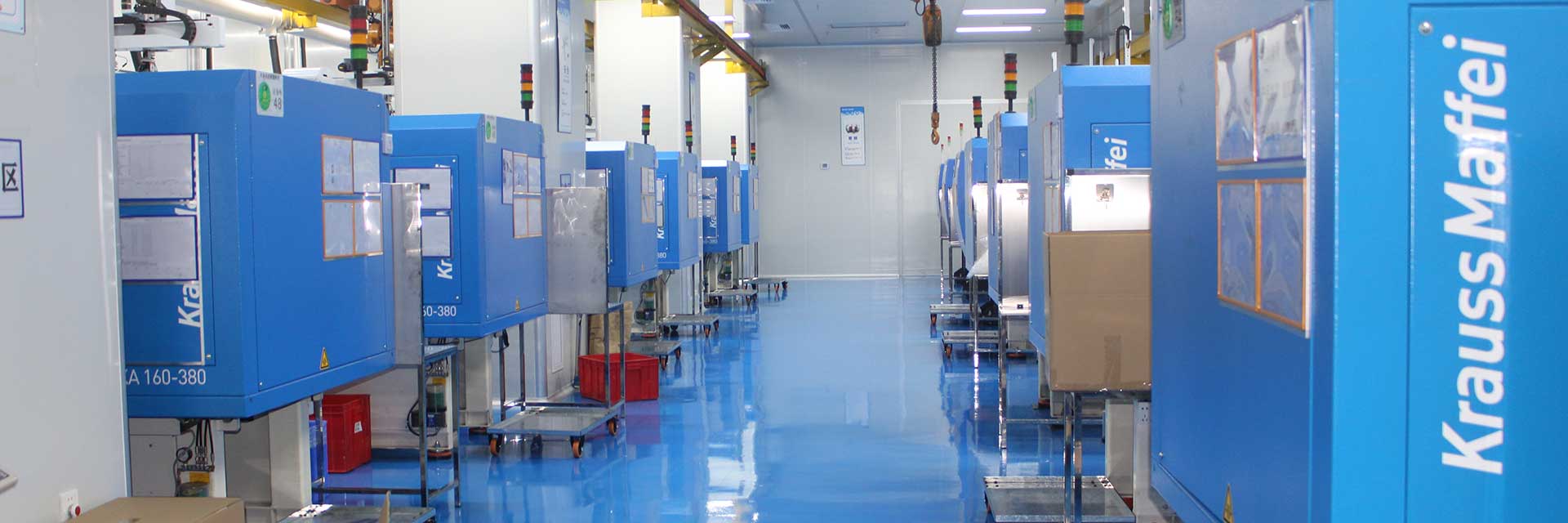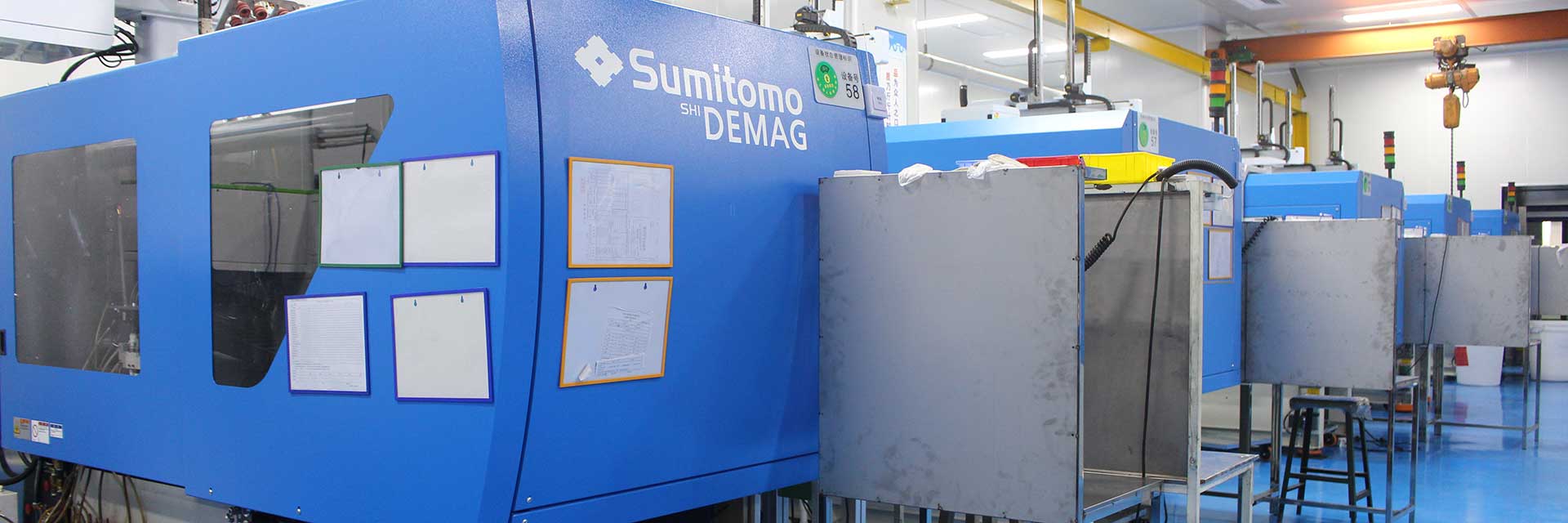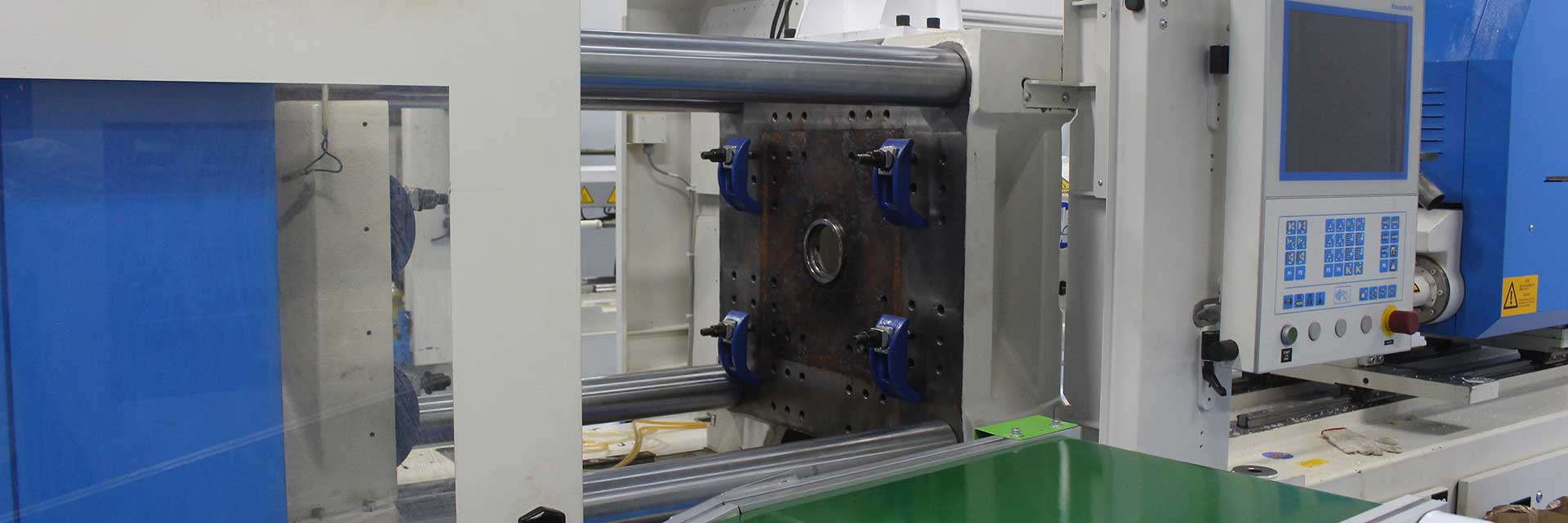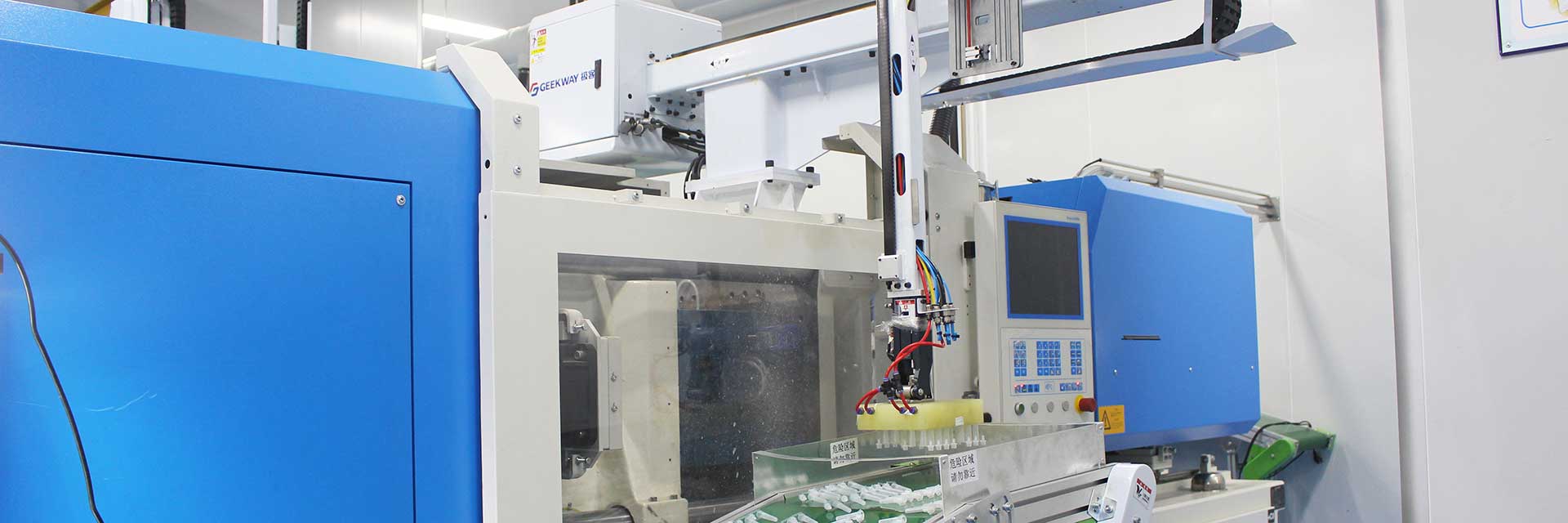Medical plastic parts offer several advantages to the healthcare industry. Take a look at them below:
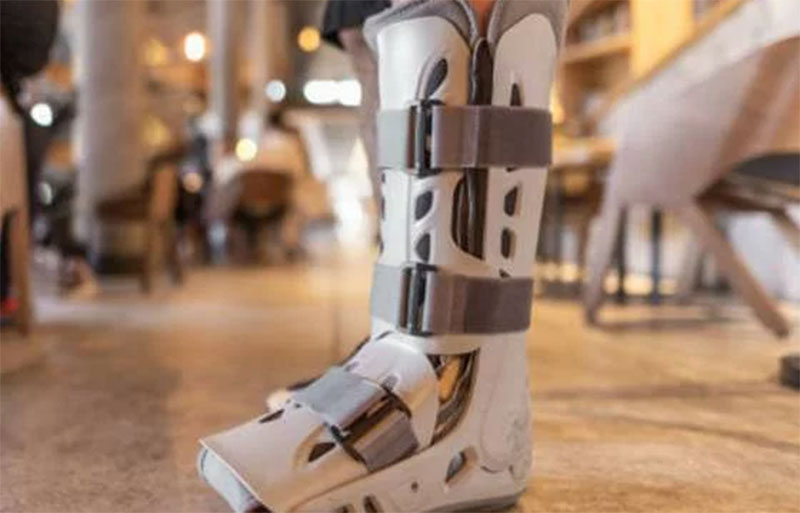
- Easier Sterilization
Disposing of these single-use tools after surgical procedures helps control and limit the spread of life-threatening infections. For example, reusing a catheter is not considered safe due to the high chance of retaining some gram-negative bacteria like E.coli.
Even so, there are other reusable medical plastic parts with surfaces that can accommodate infective organisms, and such components require rapid and consistent sterilization to ensure their safe use. The innovation of heat-resistant and biocompatible plastics grades has helped ease the sterilization of medical plastic products to repel and eliminate these organisms.
- Versatility
Medical plastic polymers are used for a wide range of healthcare applications. From the onset, health engineers used medical plastics to manufacture disposable medical plastic products such as IV tubes and inhalation masks. But then, the use of medical grade plastic has recently applied to far more products.
Medical plastics are now often used to produce other vital materials ranging from pill casings, implants, and catheters to joint replacements or prostheses for body parts. Today, virtually all you will see in a modern hospital setting contains plastics in one form or the other.
- Increased Safety Features
Medical plastics offer an excellent solution for transporting or transferring biohazardous materials since they are non-permeable and durable. As a result, the safe removal of these medical wastes help prevents exposing the environment to hazardous organisms. Furthermore, medical plastics are also used to manufacture tamper-proof caps for pharmaceutical containers, thus ensuring the optimal safety of the patients. - Improved Quality of Life
Medical plastic parts have helped improve the quality of life of many patients. For instance, amputees now find life more enjoyable and comfortable thanks to the invention of prostheses with medical plastics. Today, manufacturers fabricate lightweight and durable prosthetics with suitable plastic grades through injection molding, thus improving their mobility, independence, and ability to engage in daily activities.
Above all, several medical plastic polymers are hypoallergenic. Therefore, a patient with a medical history of allergies to traditional materials such as latex becomes less prone to an allergic reaction during treatment.
- Environmental Friendliness
Many medical grade plastics are recyclable, making them environmentally friendly. For this reason, most healthcare professionals find it easier to use plastic materials for medical applications. At the same time, they also remain accountable to the environment due to their ease of disposal and good re-processing features.

